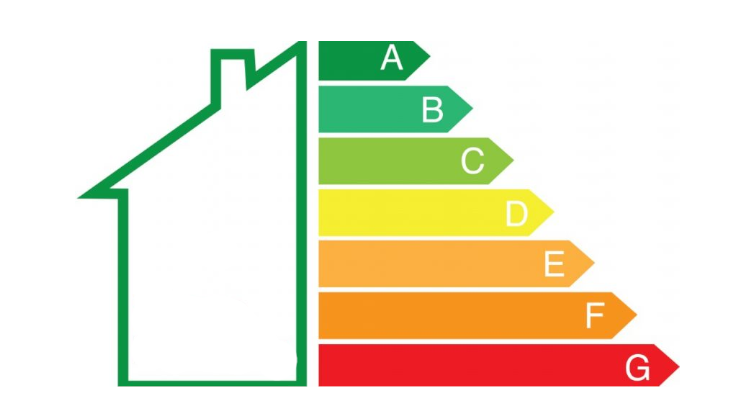Why do I need an energy efficiency certificate to sell a property?

If you are reading this, it is because you are interested to know why you need to have the Energy Efficiency Certificate or EEC. Why is this document needed to sell or rent a home if you haven’t been asked to?
We explain in which cases it is mandatory, why, what are the fines you could pay for not having this certificate, why it is requested and how much it is worth.
When is the Energy Efficiency Certificate mandatory?
The Energy Efficiency Certificate is a mandatory document for any process of renting or buying a property (not just houses) since June 2013. This is a novelty that was incorporated by Royal Decree 235/2013 and that comes from European directives.
Prior to its approval, whether or not to have this document was at the discretion of each owner. Therefore, rentals and sales made before the entry into force of this decree are not affected by the regulations. Of course, if the lease you had expires and you want to rent again now, you will need to have a certificate for the new lease.
Why the Energy Efficiency Certificate is relevant
The energy certificate allows to know the level of energy consumption of the house and its CO2 emission, i.e. its level of energy efficiency. This is therefore an issue which affects both the environmental impact and the bills we have to pay each month.
When this certificate is registered, you receive an energy label that indicates the degree of efficiency of the property, being A the best score and G the least efficient.
Energy efficiency of buildings, a consumer’s right
The energy certificate and label have become a right for the consumer. Knowing the level of consumption and expenditure that a house or premises will generate is a key factor when deciding on one property or deciding on another.
For this reason, the law states that every advertisement that is published for a building must include the energy rating. Likewise, when going to a real estate company, you must prove your possession of the EWC.
In the sale, the seller has to hand over the certificate to the new owner, while in a lease agreement a copy of the document must be provided.
Fines of up to 6,000€ for not having the energy certificate
Renting or selling without an energy certificate carries fines ranging from €300 to €6000. Penalties are divided into light, serious and very serious and are set out in Law 8/2013, of 26 June.
For example, to advertise a building without indicating its energy certification is a minor offence punishable by a fine of between €300 and €600. Failure to deliver the document to the new user in a purchase or lease contract may result in a disbursement of up to €1,000.
How to apply for the Energy Certificate and how much does it cost?
To apply for the Energy Certificate of a dwelling, it will be enough to follow two simple steps:
- Find a technician in the area and make an appointment. Contact an authorized certifying technician and make an appointment so they can come to your home. It shall:
Taking measurements of stays
Check the materials of the facade
Inspect heating and air-conditioning installations - Register the document. Once the certificate has been issued, you can present it to the body of your Autonomous Community or let the technician take care of this task.
The cost of applying for the Energy Efficiency Certificate will be between 50 and 250 euros if your home is less than 80 square meters. If it’s bigger, it can cost you between 100 and 300 euros.







